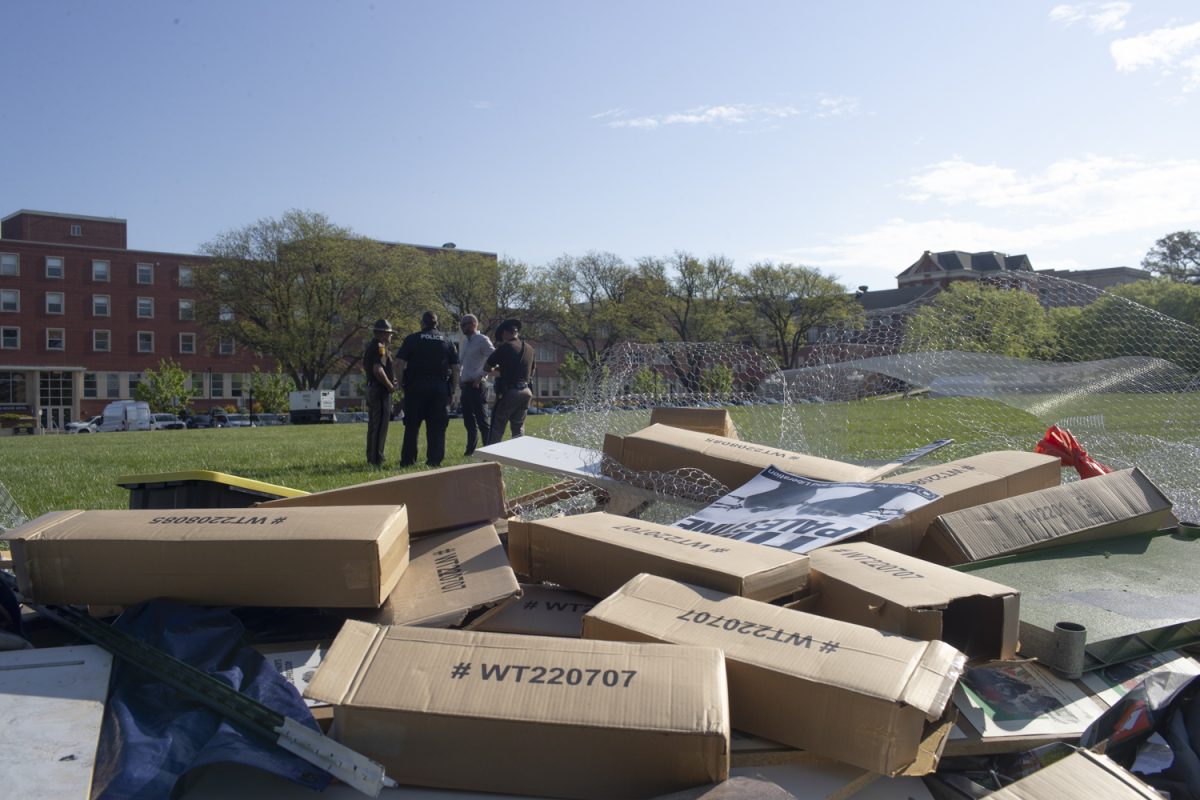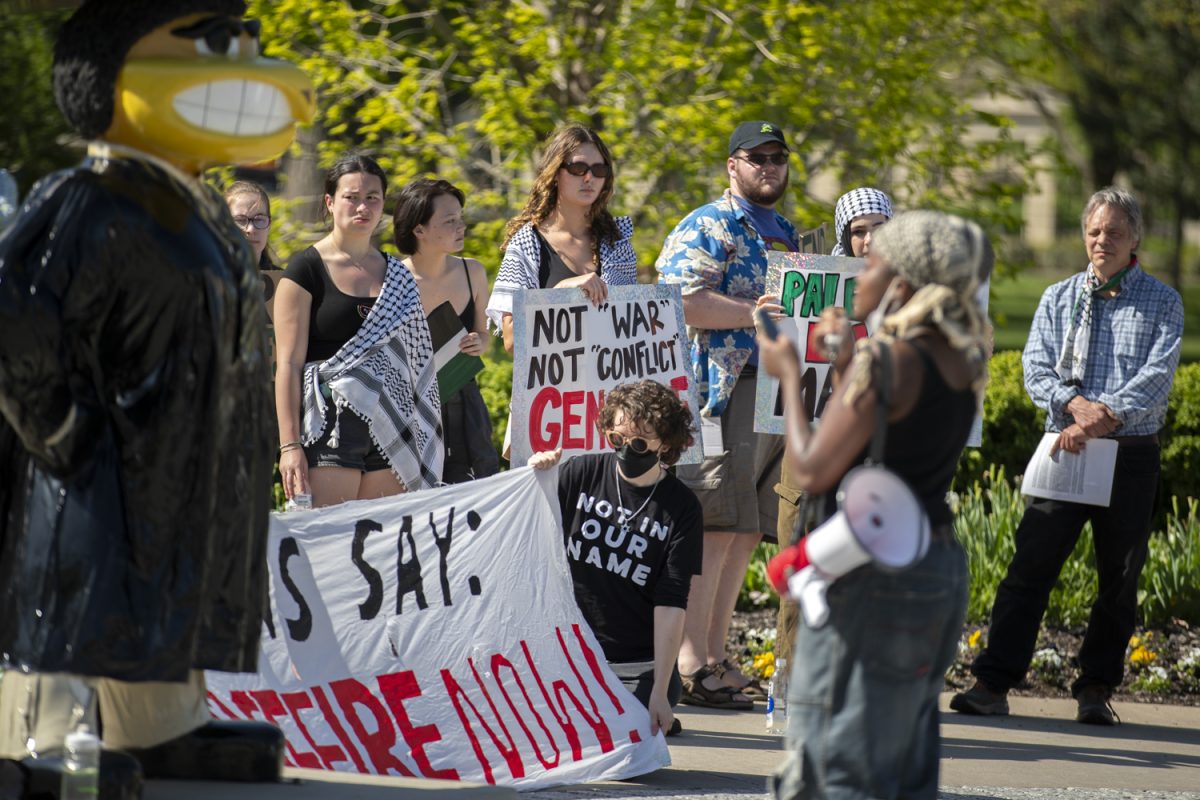New legislation has been put forth to bring a little spark into the coming summer months.
A bill to legalize the possession, sales, and use of fireworks survived the Feb. 21 “funnel,” a rule that required a majority of bills to pass out of subcommittees.
Under the new proposal, Iowans would be able to buy and use fireworks for the first time in nearly 80 years. The proposal would also make selling or letting anyone under 18 use fireworks a misdemeanor, which would be punishable by no more than 30 days in jail and at least a $65 fine, but the fine would not be more than $250.
Sen. Mark Chelgren, R-Ottumwa, who put forward the proposal, said when he lived near the Missouri border, he saw many people drive to buy fireworks in the adjacent state, then use them in Iowa.
“I know recently, one of Missouri’s sales groups said that 80 percent of their sales were to Iowans,” Chelgren said.
When Chelgren proposed the bill, he said a portion of the taxes from fireworks would go to a fund to help firefighters get new equipment. This was eliminated from the current proposal.
“I’m glad that [the bill] made it through the funnel,” Chelgren said. “I think a vast majority of people support it.”
Iowa City Fire Chief John Grier said there are many different levels of fireworks that could be approved, and so he could not recommend safety procedures other than reading the instructions carefully, if the bill were to pass.
“My concern with the approval of the fireworks is the potential for injuries and damage,” Grier said. “The more explosive you have in it, the more opportunity you have for an issue.”
Sen. Jack Hatch, D-Des Moines, said it shouldn’t be the state’s decision.
“My position on [the fireworks bill] is that if we’re going to do anything, we should leave the specific decision up to individual communities,” Hatch said.
Hatch was concerned about the prospective injuries that may occur from this bill, which “may be anything from lost fingers to lost eyesight.”
Grier said that firework-related injuries are not typical in Iowa City, and there are usually no problems with permits for professional displays.
Currently, Iowa allows for novelty fireworks, such as snakes and sparklers. It is one of four such states: Illinois, Ohio and Vermont.
There are also four states in which all fireworks are banned, other than for professional display: Delaware, Maine, New Jersey, and New York.
Chelgren said if fireworks were legalized, he thought that more people would start using fireworks for a while, but use would even out eventually.
“In the first few years, I think that more people would start using fireworks for the novelty of being able to do it,” Chelgren said.
Beth Ingram, a University of Iowa associate provost and economics professor, said the state would benefit from a shift in firework revenue across the border.
“This would bring more economic activity and tax revenue to the state,” Ingram said.
Chelgren echoed the statement and said that legalizing fireworks could “peel off a chunk from Missouri’s earnings,” as citizens from Illinois could also cross the Mississippi River to purchase their fireworks.
“Hopefully, more people will come across the border and buy more Iowa goods,” Chelgren said.






